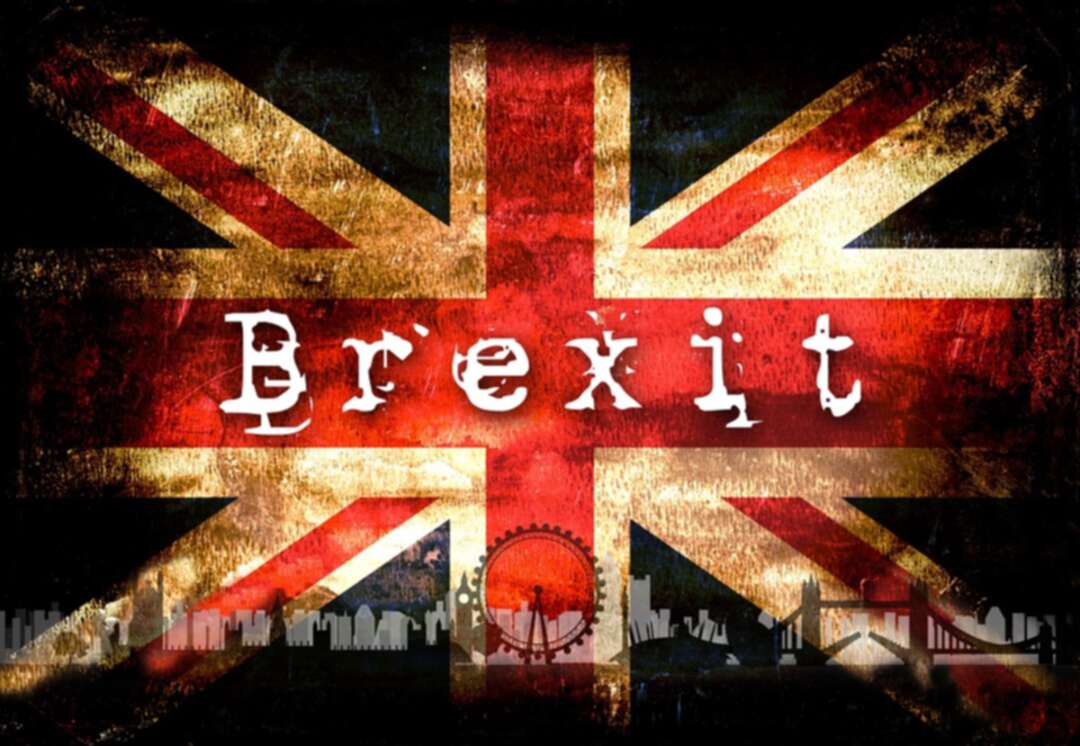-
Researchers say Brexit has added 6% to Britain's food bills

The Euronews reported, citing Reuters, researchers from the London School of Economics and other universities estimated on Wednesday (Apr 27) that extra trade barriers created by Britain’s exit from the European Union and subsequent trade agreement have added 6% to the cost of food.
The research compared price changes for food imported from the European Union with prices of food from further afield.
Food mostly imported from the EU, such as fresh pork, tomatoes and jam, saw bigger price rises than those such as tuna fish and pineapples which mostly come from elsewhere.
One of the researchers, Nikhil Datta, said: “This research demonstrates a clear and robust impact of Brexit-induced trade frictions increasing food prices for UK consumers during a time when the economy is already facing inflationary pressures from global sources."

According to official data, British consumer price inflation hit a 30-year high of 7% in March, and the cost of food is almost 10% higher than a year ago.
The research showed that the biggest spike in the price of food imported from the EU came in January 2021 after an 11-month post-Brexit transition period ended and a free trade agreement negotiated by Prime Minister Boris Johnson’s government came into force.
Northern Irish minister orders end to post-Brexit controls
While the trade agreement means there are no tariffs on goods moving between Britain and the EU, customs delays and food-safety checks have periodically led to lengthy delays for freight traffic at the port of Dover, the main link to France.
Customs paperwork is also required.
US became Britain’s biggest export market for financial services in run up to Brexit
The 6% rise in food prices that was attributable to increased trade barriers took place between late 2019 – just before Britain formally left the EU – and September 2021.
The study was based on comparing detailed item-by-item figures from Britain’s consumer prices index against separate data on trade flows, which the researchers said allowed them to disentangle any effects from the COVID-19 pandemic.
Researchers said that the research did not find an inflationary impact from Brexit on non-food imports. This probably reflected how perishable foodstuffs were more sensitive to delays.
Britain’s Brexit minister says EU needs to make significant change on Brexit
Jonathan Portes of UK in a Changing Europe, an academic body which supported the research, said: “While Brexit is not the main driver of rising inflation or the ‘cost of living’ crisis, this report provides clear evidence that it has led to a substantial increase in food prices, which will hit the poorest families hardest."
Source: euronews
You May Also Like
Popular Posts
Caricature
Syrians' concerns now
- December 10, 2024
Syrians' concerns now #Syria
#Bashar_al-Assad
#Liberation_of_Syria
#Syrians
#Future_of_Syria
#Levant_News

opinion
Report
ads
Newsletter
Subscribe to our mailing list to get the new updates!





















